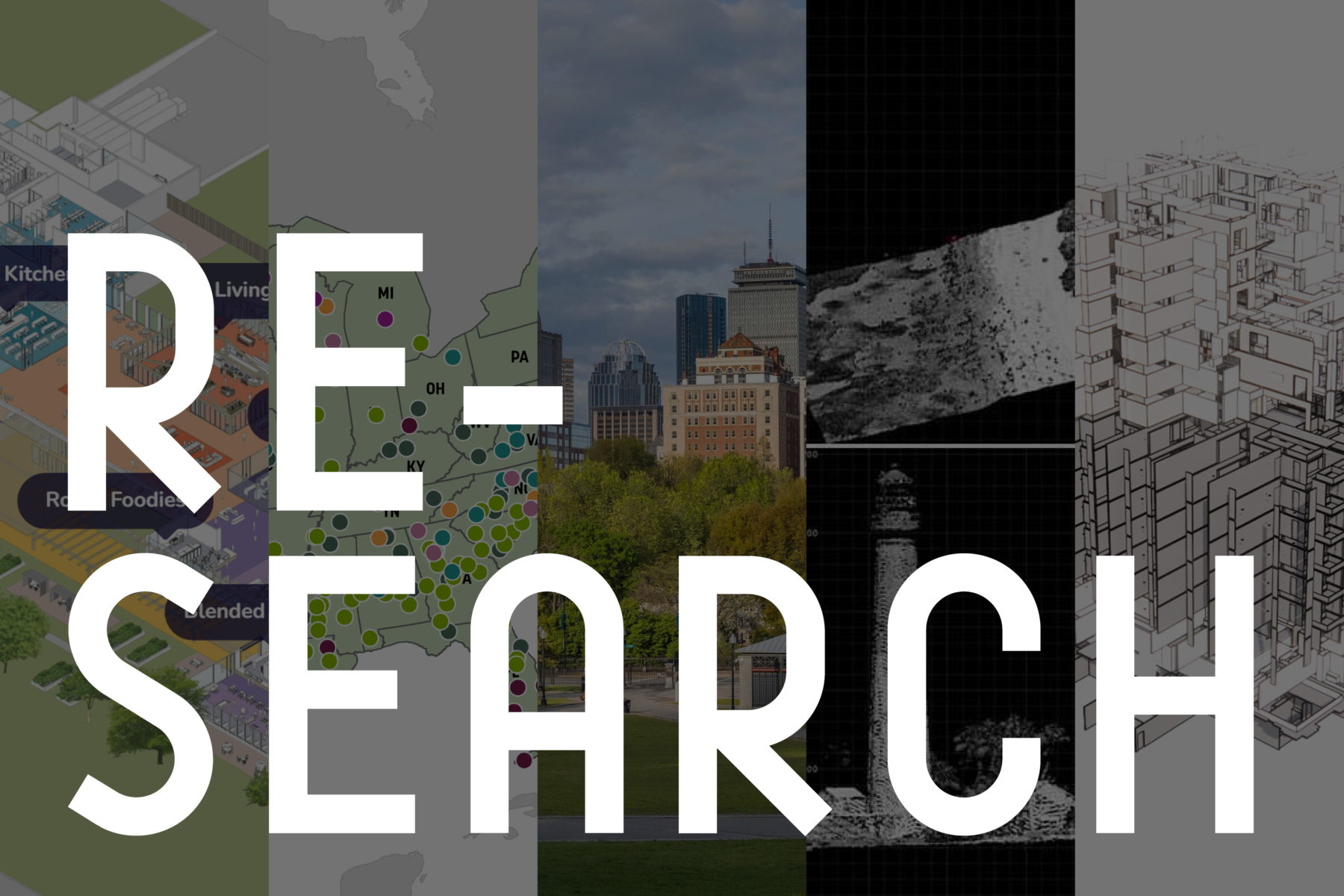
Sasaki’s annual research grant program funds internal research initiatives
 Sasaki
Sasaki
Research at Sasaki is a critical endeavor that advances our collective knowledge and helps to fuel creative innovation. From prototyping permeable pavers, to ethnographic field research, data visualization, and monitoring thermal efficiency in building envelopes, Sasaki promotes research at all levels. The exploration of new ideas is fundamental to our practice; we design better, together, when research is step one.

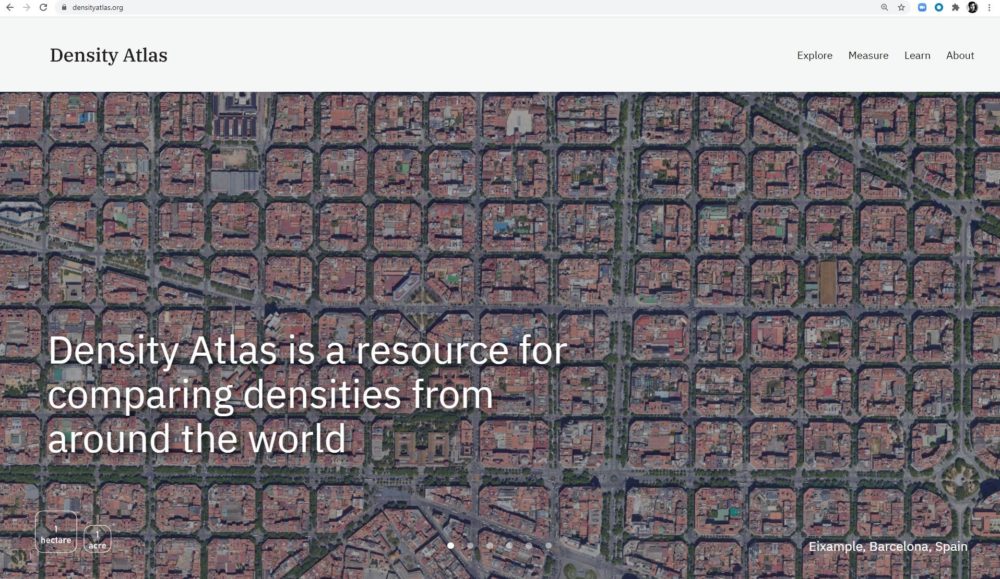
Online website standardizes density measures, creating a valuable resource for cultivating shared understanding of density across geographies to inform urban planning
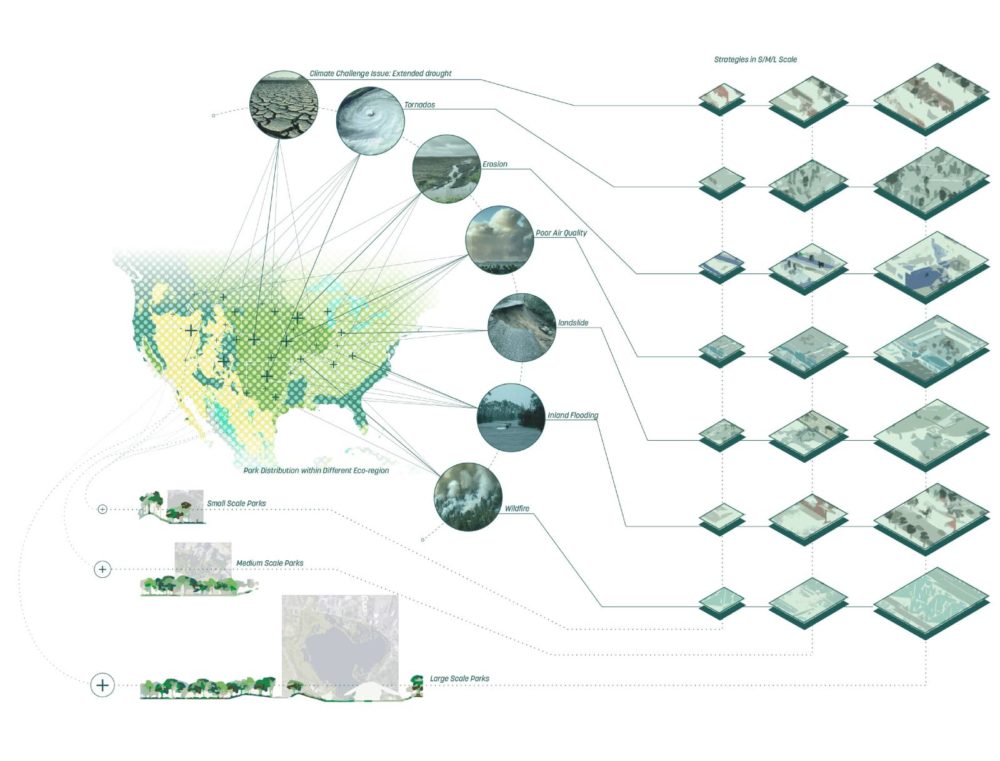
Read about the new user-friendly tool full of information around climate change risk and mitigation from the National Recreation and Park Association (NRPA) and Sasaki
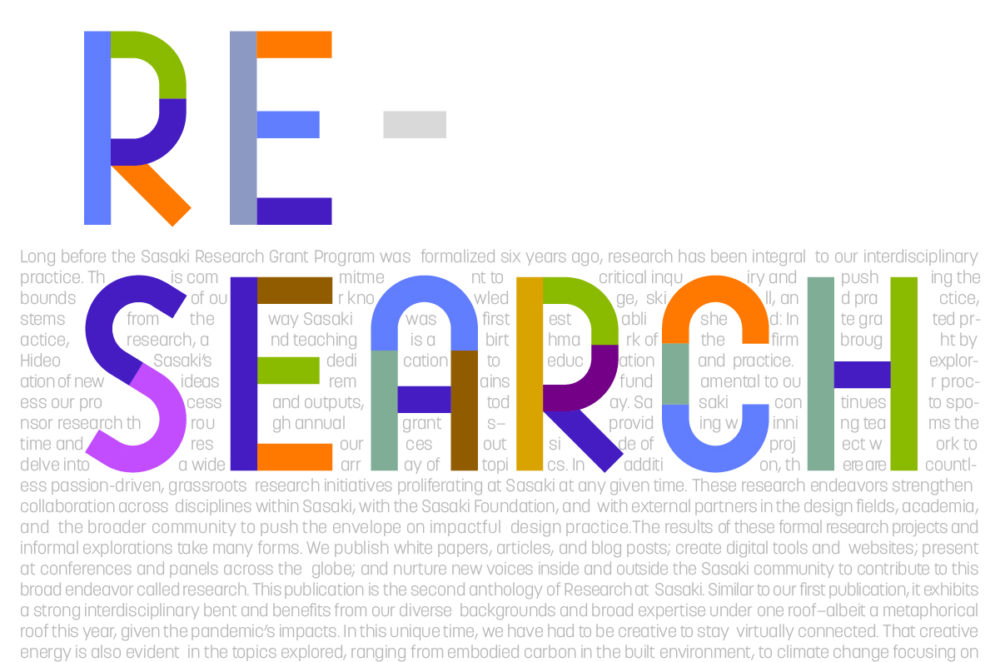
Learn more about research projects from across the practice
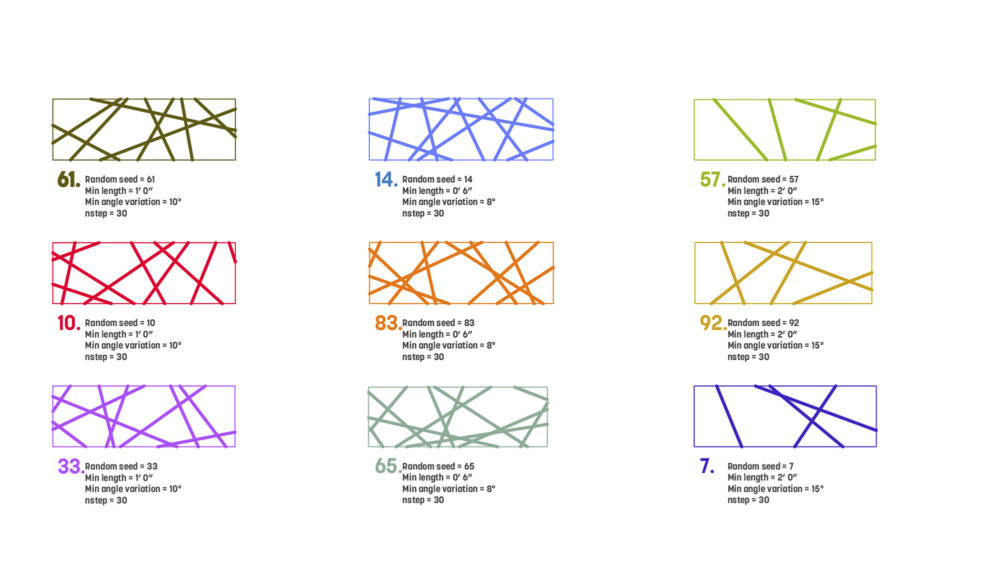
Parametric design saved countless hours and revealed innumerable possibilities for generating the unique line patterns at Akamai Technologies' Kendall Square HQ
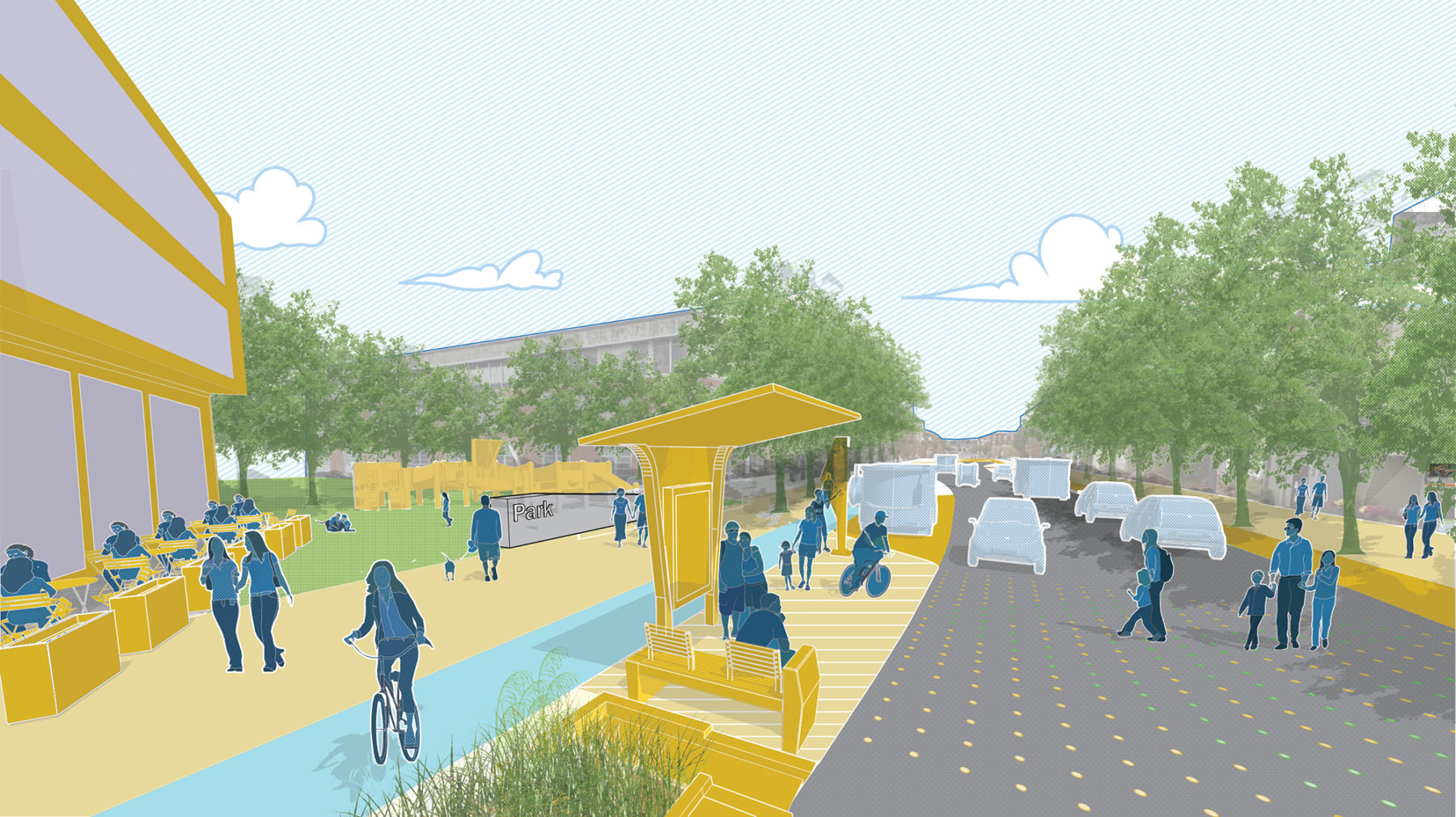
An in depth research project that takes into consideration the input of industry leaders from a number of fields

Sasaki's Kate Tooke published a deep dive into a post-occupancy study she conducted at Smale Riverfront Park. The article originally appeared in the National Recreation and Parks Association's (NRPA) magazine, Parks and Recreation
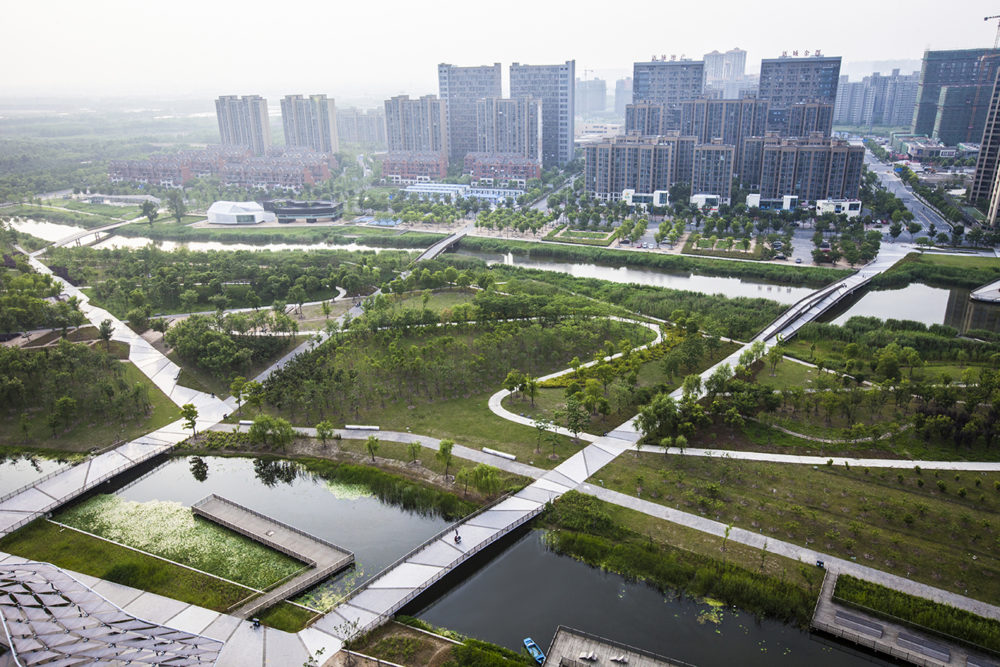
Revisiting a 70-hectare urban park in Shanghai
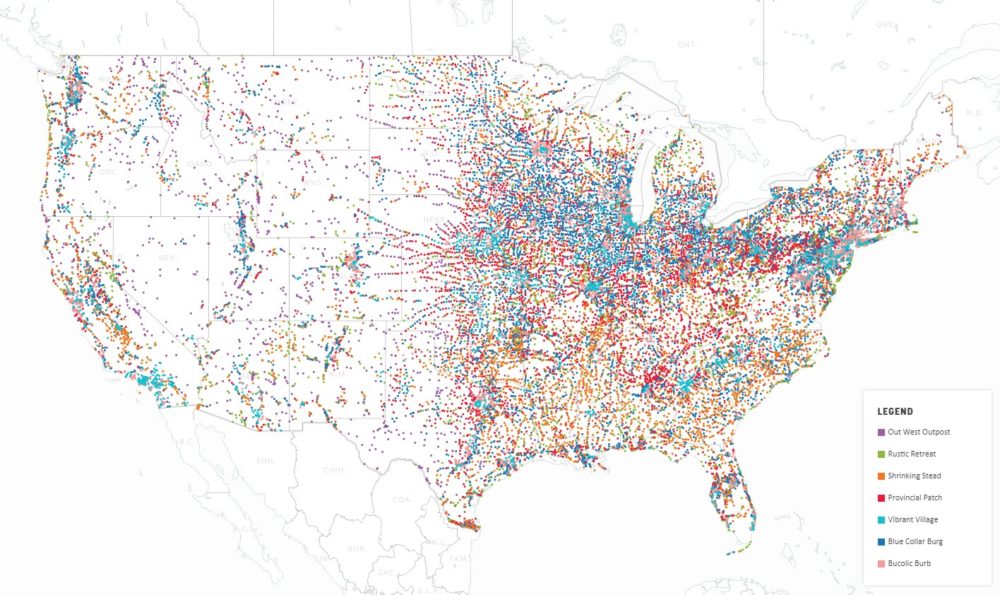
A Sasaki research project explores the nuances of small towns in America
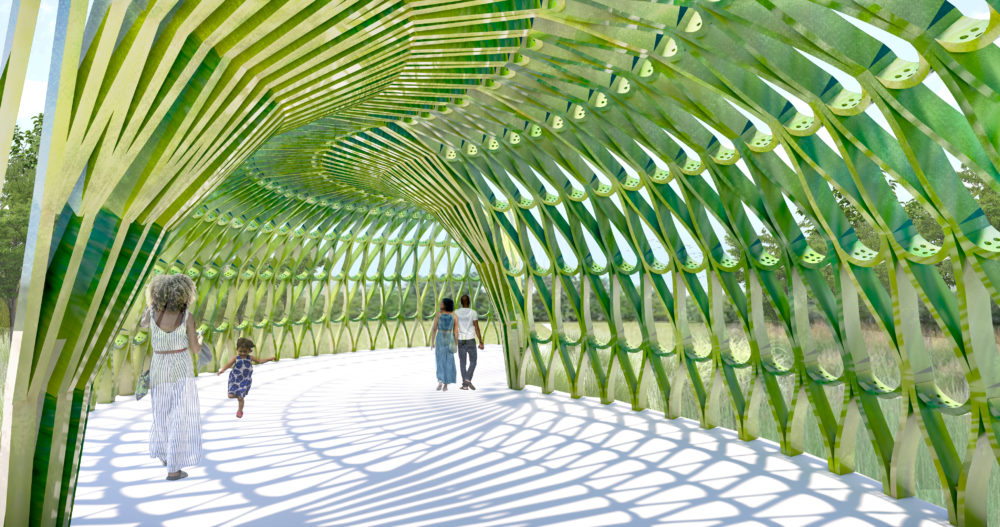
Beyond structural integrity, terra cotta offers several unique benefits for use: it is more environmentally friendly than concrete, can be set in many forms, and can be glazed to take on any appearance. A team embarks on material exploration
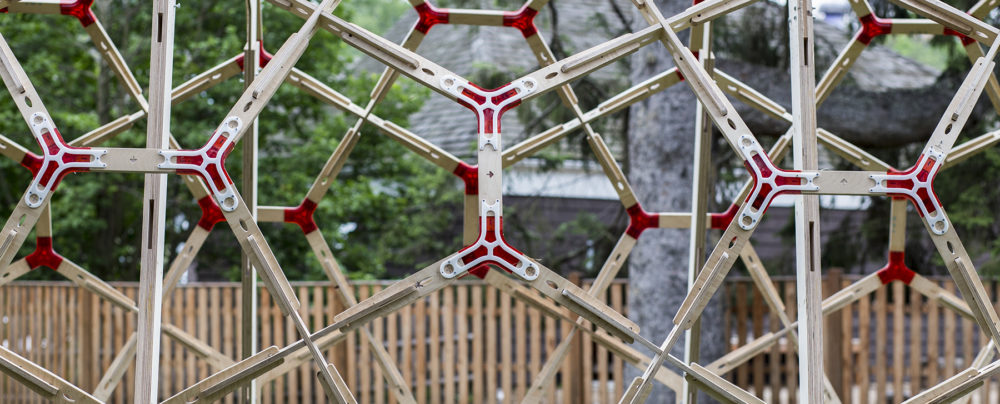
“We are disrupting our industry by questioning why and how we work, from the smallest workflow adjustment to a major shift in building technology that vastly improves how humans experience our buildings,” says the head of Sasaki's Technical Resources Group (TRG)
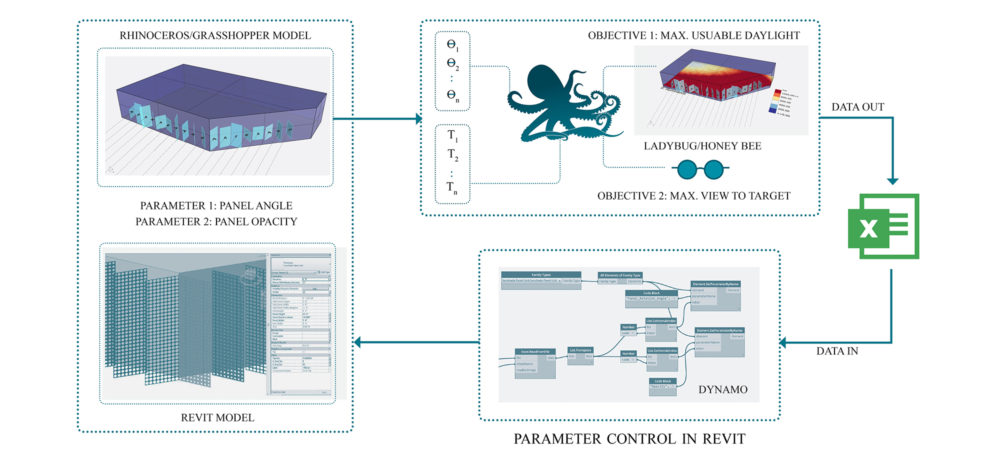
A research paper by Youngjin Lee, AIA, LEED® AP and Bomin Kim, AIA CPHC, has been published in an international blind peer-review journal, Advances in Computational Design. The paper, “Genetic Algorithms for Balancing Multiple Variables in Design Practice,” examines computational practices that allow designers to consider multiple variables at once